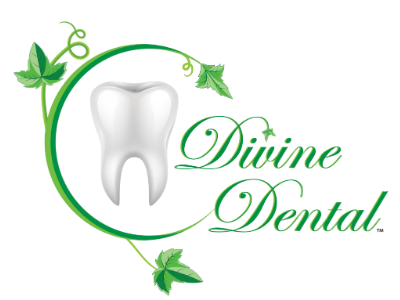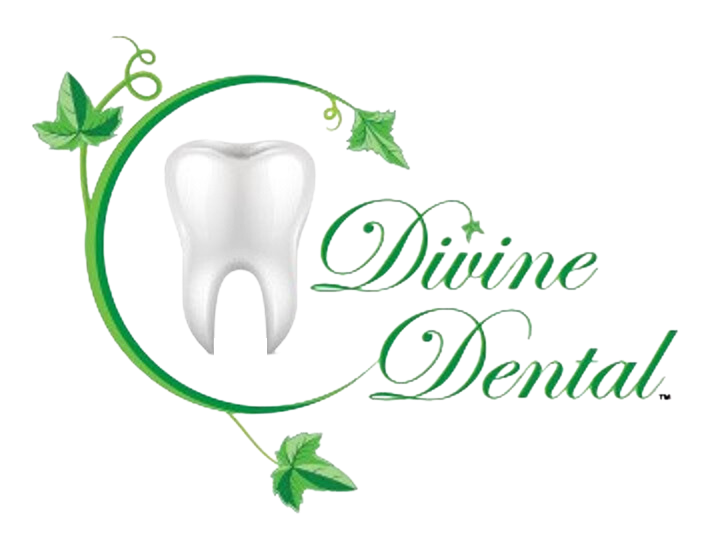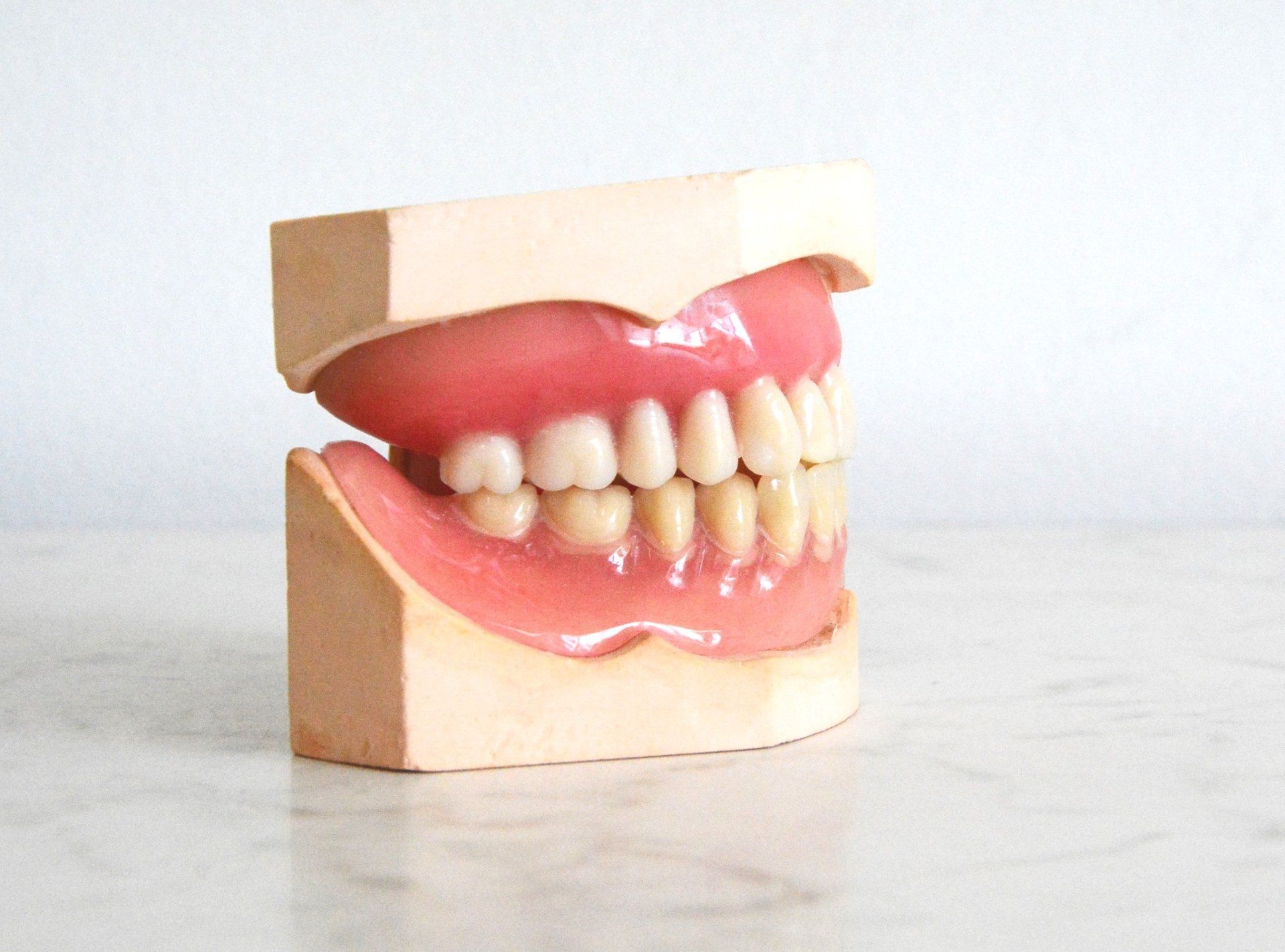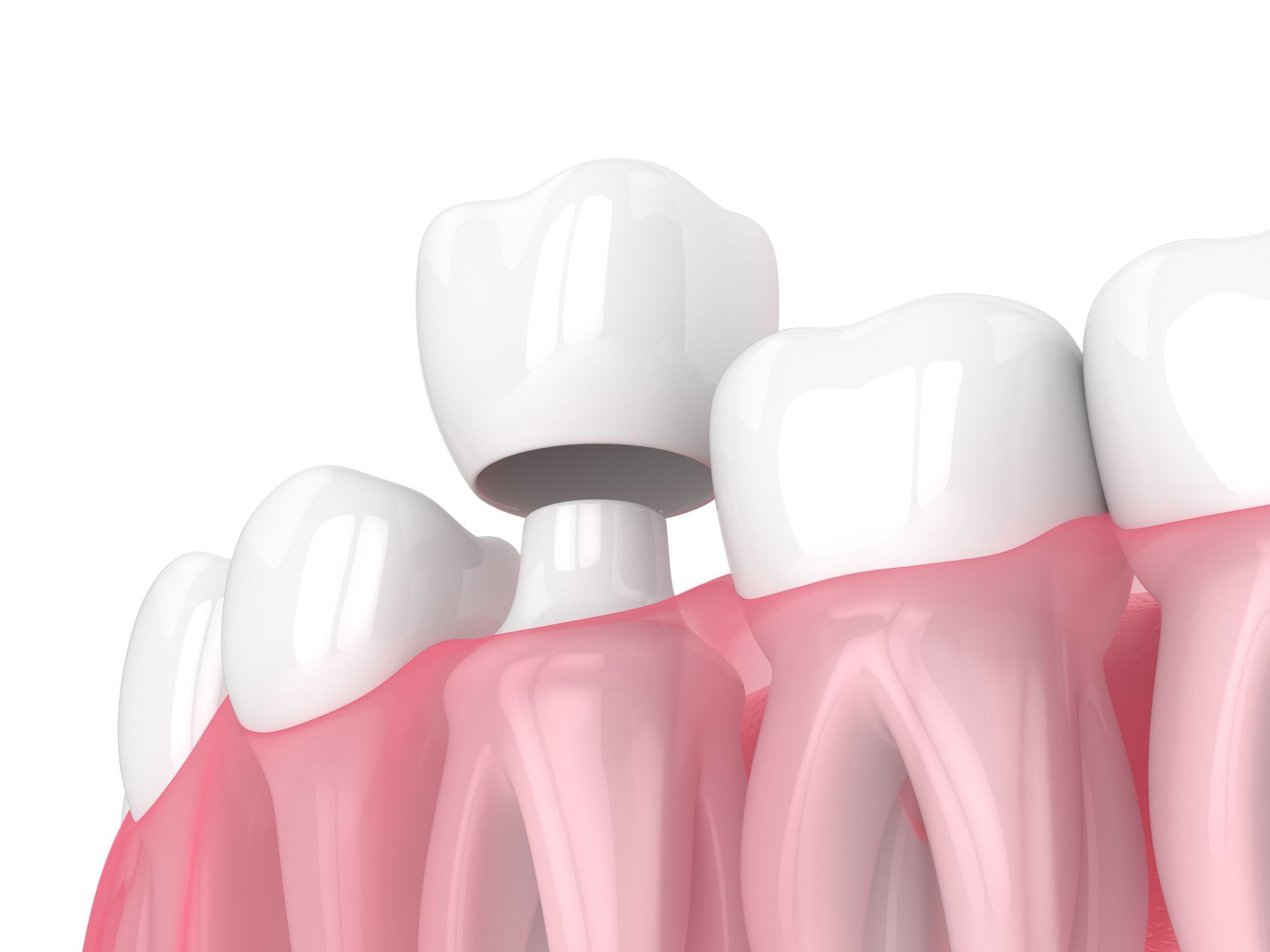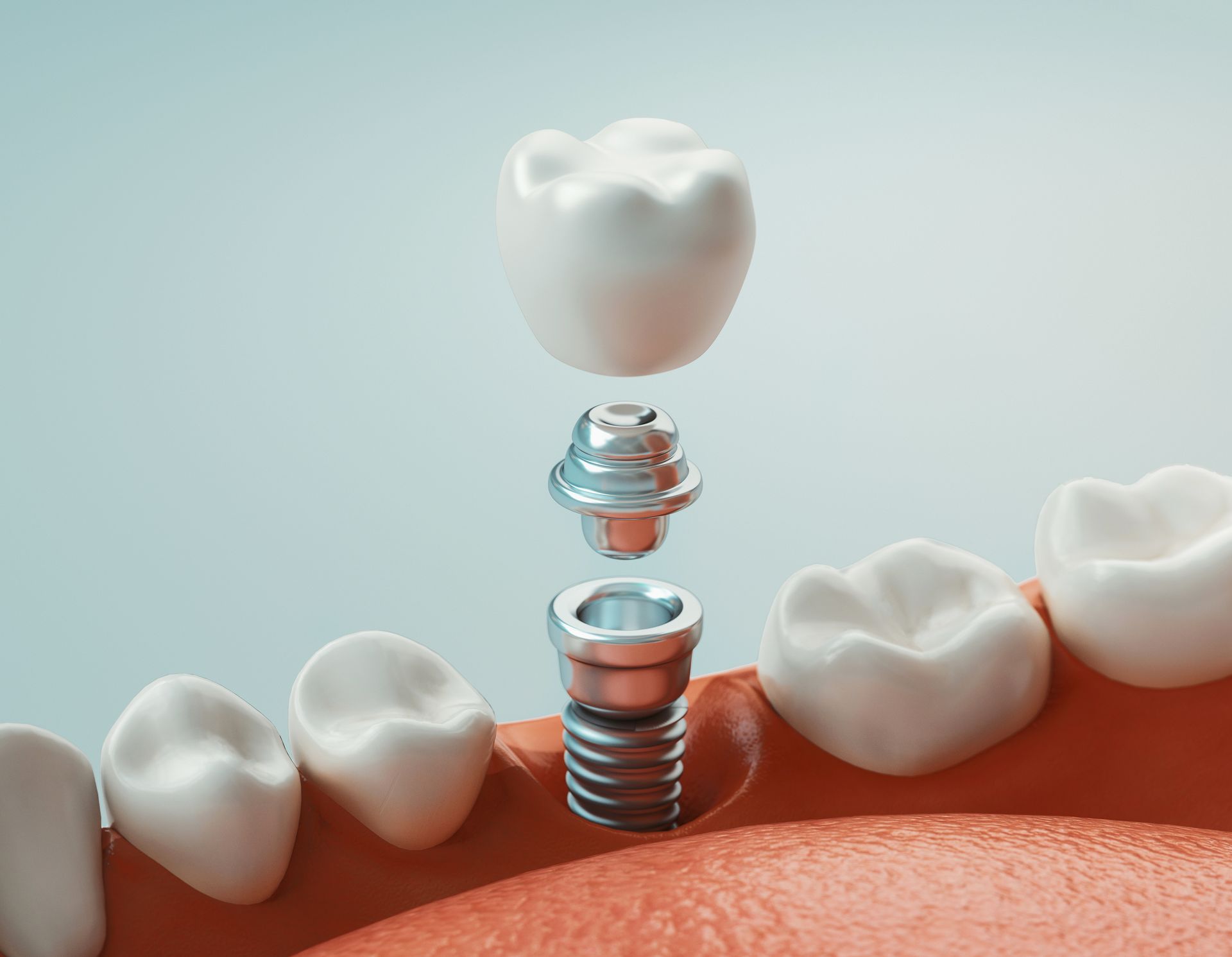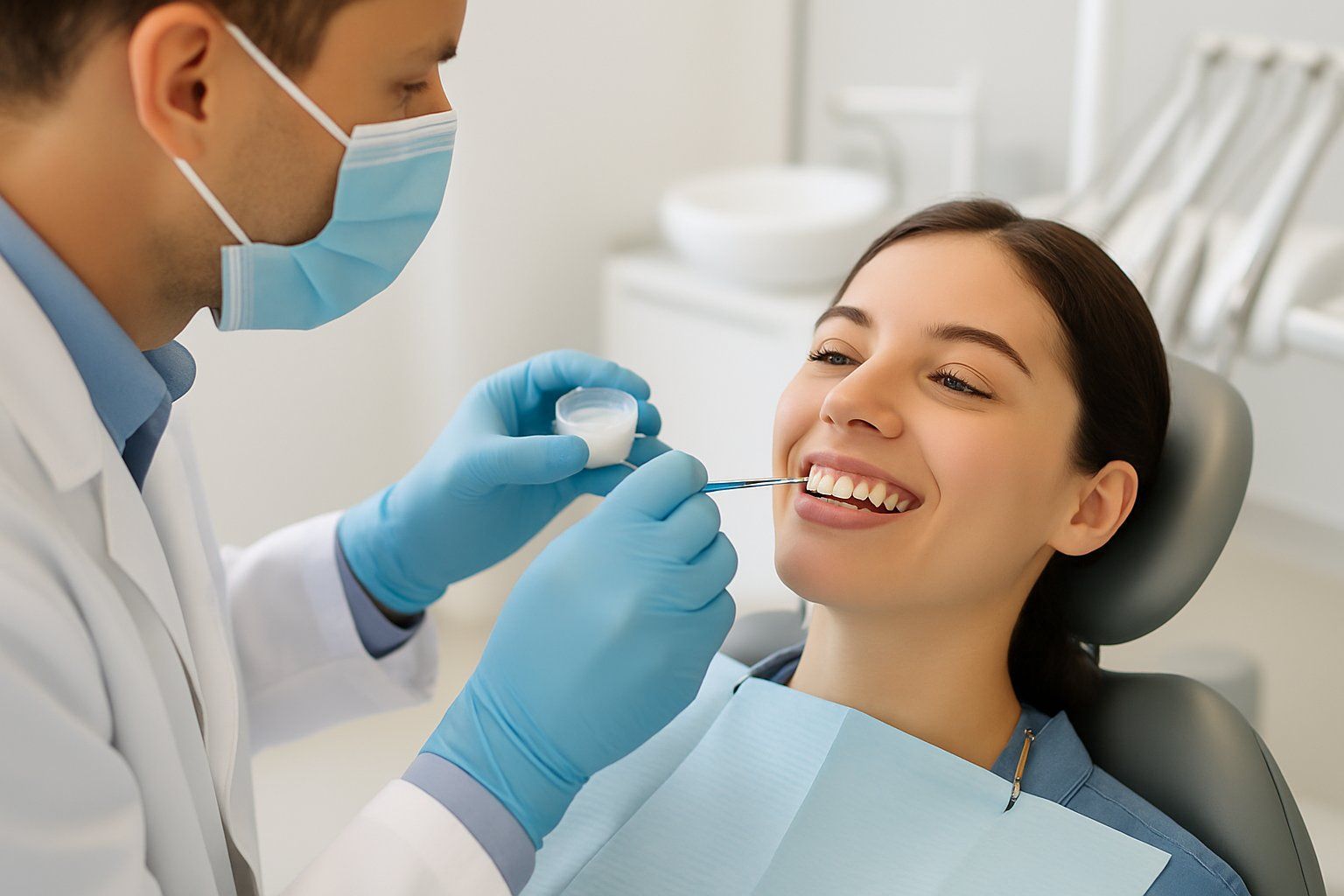Top Scottsdale
Restorative Dentist
Our goal is to put a smile on your face, and we'll do everything it takes to ensure we do.
Get A Free Second Opinion
Scottsdale Restorative Dentistry
Restore your radiant smile with Divine Dental's premier restorative dentistry services in Scottsdale, AZ. Our expert team, renowned across Arizona, specializes in a comprehensive range of procedures from dental implants, crowns, and bridges to full smile makeovers, ensuring optimal solutions for damaged or missing teeth. Embrace confidence with our cutting-edge technology and personalized care that makes Divine Dental the go-to destination for restorative dentistry in Scottsdale.
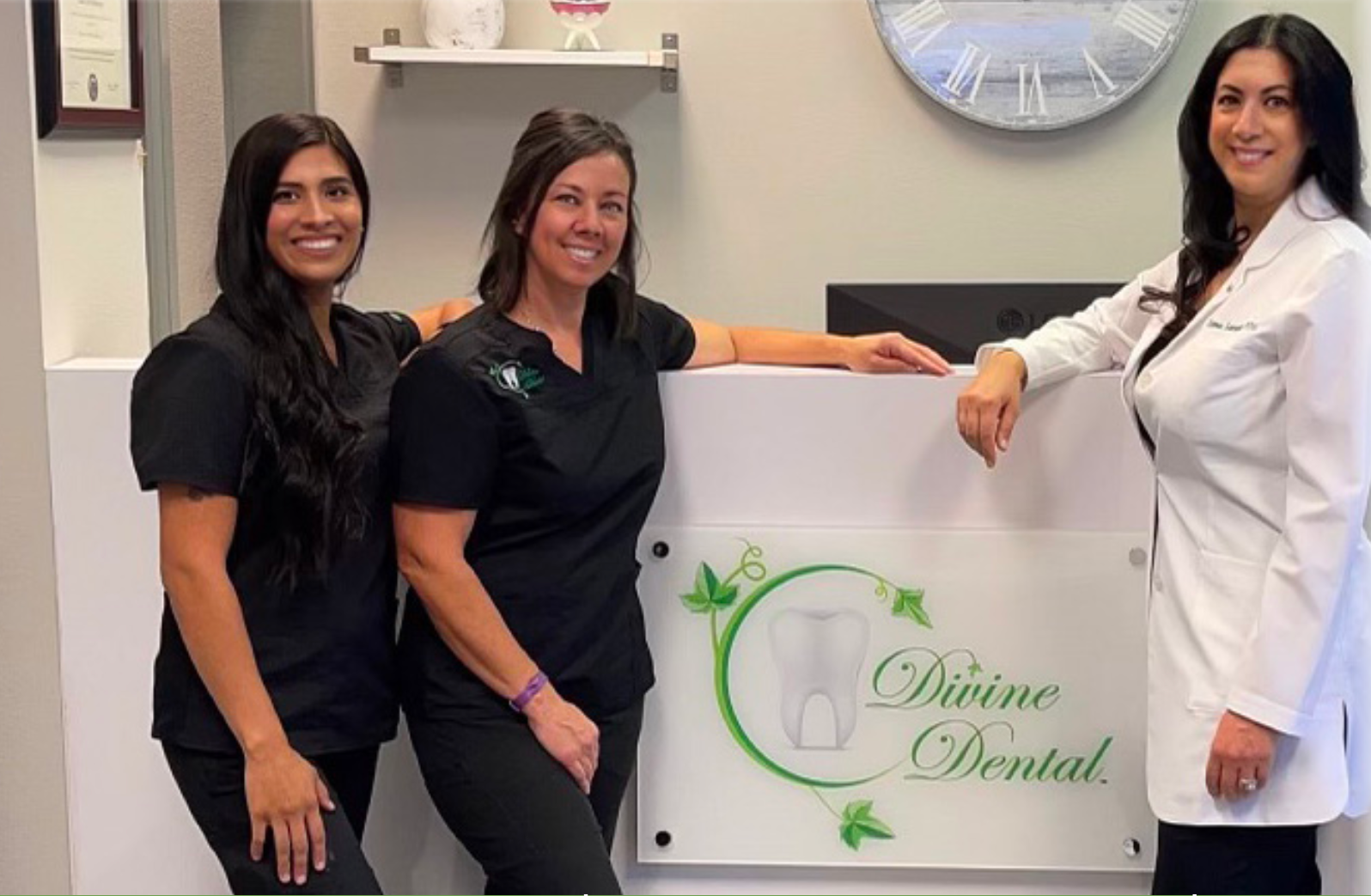
Dentures
Divine Dental provides top-of-the-line denture services in Scottsdale, Arizona. Our experienced and knowledgeable dental professionals are dedicated to helping patients restore their smiles and confidence with the latest technological advances in dentures. We offer entire arch and removable partial denture options, providing natural-looking teeth replacements that feel comfortable and secure.
Our team will work with you to create a custom denture plan that meets your needs, budget, and expectations. We understand the importance of our patient’s oral health and strive to ensure that each patient receives the highest quality of care throughout their treatment process. Our staff has decades of experience creating affordable yet high-quality dentures that look great and last long into the future. Visit us today for a consultation on how we can help restore your smile!
Restorative Crowns & Bridges
Divine Dental's restorative crowns and bridges dental service in Scottsdale, Arizona provides top-of-the-line care for teeth restoration.
Divine Dental can provide restorative work that has superior strength and durability while maintaining a beautiful aesthetic quality. Patients can be assured that their new crowns or bridges will look natural and feel comfortable over time. Additionally, Divine Dental provides ongoing professional maintenance and cleaning routines to help ensure long lasting results from the procedure.
Call Divine Dental at
(480) 613-3443 to schedule an appointment today!
Implant Crowns
Divine Dental in Scottsdale, Arizona offers Implant crowns as part of their advanced restorative service. Our highly trained specialists provide a comprehensive and minimally invasive procedure for replacing lost or missing teeth.
Unlike traditional bridges and dentures, implant crowns are anchored directly into the jawbone, providing a more secure and stable solution for restoring your smile. With this advanced technology, you can expect natural-looking results that last a lifetime. Our experienced staff strives to provide top-level patient care and comfort throughout the entire process.
We take pride in always striving to exceed our client's expectations with our exceptional service. For those looking for an extra level of protection, we also offer implant-supported bridges that use multiple abutment teeth to secure the replacement crowns in place. No matter what your dental needs may be, Divine Dental is here to ensure you get the best care possible.
Restorative Dentistry at Divine Dental, Scottsdale, AZ
At Divine Dental, we are committed to enhancing both the function and aesthetics of your smile through our comprehensive range of restorative dentistry services. Our offerings include:
- Oral Appliances for TMJ and Snoring: Custom-fitted devices such as occlusal splints and snore guards help in managing TMJ disorders and preventing snoring by realigning the teeth and jaw and facilitating smoother airflow during sleep.
- Bruxism and TMJ Treatment: Early treatment of bruxism and TMJ disorder involves using mouthguards to prevent teeth grinding and alleviate symptoms. More severe cases may require orthodontic appliances to correct the alignment of teeth and jaw.
- Understanding TMJ: The temporomandibular joint connects your jaw to your skull. Symptoms of TMJ disorder include jaw pain, difficulty in moving the jaw, and noises during jaw movement. Causes range from teeth grinding to jaw injury.
- Oral Surgery: Necessary for severe dental issues, oral surgery includes tooth extractions, wisdom teeth removal, and other procedures to alleviate complex dental problems.
- Root Canal Therapy: This treatment involves removing infected pulp from a tooth, cleaning the chamber, and sealing it with a material known as gutta-percha, followed by the placement of a crown to restore the tooth's functionality and appearance.
- Dental Implants and Dentures: We offer various dental implants and custom dentures to replace missing teeth, improve chewing, speech, and maintain facial aesthetics. Options include traditional implants, the All-on-4 technique, and both removable and implant-supported dentures.
At Divine Dental, each patient receives personalized care to determine the most effective treatment plan. We prioritize a natural look and offer free consultations to discuss these services. Visit us in Scottsdale, AZ, to explore how we can restore your smile and enhance your dental health.
Does cosmetic bonding require specialized cleaning?
No, cosmetic bonding does not require specialized cleaning. Treat bonded teeth like your natural teeth, maintaining regular oral hygiene with twice-daily brushing and daily flossing. Visit Divine Dental regularly for cleanings. To prevent staining or damage to the composite resin, avoid dark-colored beverages and biting hard foods.
Will others be able to tell that the tooth was bonded?
With Divine Dental's advanced bonding techniques, it's virtually impossible for others to notice the difference between a bonded tooth and natural teeth. Our precise shading and molding ensure the bonded area blends flawlessly with your natural teeth, preserving the beauty of your smile.
How does bonding compare to veneers?
Bonding and veneers are both cosmetic treatments but differ in application and durability. Veneers involve attaching thin shells to the tooth surface and require enamel removal and multiple visits. Bonding is applied directly, requires no enamel removal, and can be completed in a single visit, making it ideal for minor corrections.
Is direct bonding right for me?
If you're looking to correct minor imperfections such as chips, cracks, or gaps, direct bonding could be suitable. Dr. Sayegh at Divine Dental will assess your dental needs and discuss the desired outcomes to determine if bonding is the right choice for enhancing your smile.
Teeth Whitening and Veneers at Divine Dental
Teeth Whitening Cost
The cost of teeth whitening at Divine Dental varies depending on the number of treatments needed. We provide a personalized estimate after a detailed consultation with Dr. Sayegh, ensuring the solution fits your specific needs and budget.
Benefits of Teeth Whitening
Teeth whitening boosts self-esteem and enhances your smile, positively impacting personal and professional interactions. Studies indicate that a brighter smile may improve job prospects and social relationships, making you appear younger and more vibrant.
Does Teeth Whitening Cause Pain?
Most patients experience minimal discomfort during teeth whitening. For those with sensitive teeth, Dr. Sayegh recommends special toothpaste before and after treatment to minimize discomfort. Our approach is tailored to ensure comfort throughout the whitening process.
Removing Stains and Discoloration
At Divine Dental, we use advanced whitening systems that effectively target both surface and deep stains within teeth. Options include in-office treatments for immediate results and customized at-home kits for gradual improvement, both delivering significant whitening outcomes.
Natural Discoloration of Teeth
Teeth naturally lose their whiteness over time due to factors like diet, smoking, and certain medications. Regular consumption of coffee, tea, and tobacco can stain teeth, as can natural aging processes affecting the tooth enamel and dentin.
Veneer Costs
The cost of veneers depends on the number needed for desired aesthetic changes. While many insurers consider veneers cosmetic, partial coverage may be available under some plans. Consultation with Dr. Sayegh will provide a tailored financial plan for your veneer treatment.
Number of Veneers Required
The number of veneers you need varies based on the dental corrections desired. Typically, veneers are only applied to teeth visible when smiling or talking. Dr. Sayegh will assess your specific needs to recommend the appropriate number of veneers for a balanced, beautiful smile.
Veneer Lifespan
Veneers at Divine Dental typically last between 5 to 10 years, though they can last longer with proper care. Maintaining good oral hygiene and attending regular dental check-ups are essential to prolong their lifespan and prevent the need for early replacement.
Candidate for Veneers
You may be a good candidate for veneers if you have stained, chipped, or irregularly shaped teeth. At Divine Dental, Dr. Sayegh evaluates your oral health and aesthetic goals to determine if veneers are suitable for you. Conditions like untreated cavities must be addressed first, and a nightguard may be recommended if you grind your teeth.
Getting Porcelain Veneers
The process begins with a minor enamel filing to prepare your teeth, followed by an impression sent to a lab to craft your custom veneers. Temporary veneers are placed until your permanent set is ready, which are then securely bonded to your teeth, significantly enhancing your smile.
Corrections by Porcelain Veneers
Porcelain veneers correct a variety of dental imperfections such as chips, gaps, misalignments, and deep stains. They offer a substantial cosmetic improvement, making them a popular choice for those looking to enhance their smile.
Understanding Porcelain Veneers
Porcelain veneers are thin, durable covers bonded to the teeth to improve aesthetics. They mimic the light-reflecting properties of natural teeth and are tailored to fit each individual tooth, ensuring a natural and attractive appearance.
Eligibility for Cosmetic Dentistry
Eligibility for cosmetic dentistry at Divine Dental involves assessing your oral health and cosmetic needs. Dr. Sayegh ensures that any underlying issues like decay or gum disease are treated before proceeding with cosmetic enhancements.
Duration of Cosmetic Procedures
Most cosmetic procedures at Divine Dental are completed in one or two visits. Dr. Sayegh discusses timelines upfront, offering alternative treatments to meet your schedule and cosmetic goals.
Cosmetic Dentistry for Teenagers
Teenagers may be eligible for cosmetic procedures such as teeth whitening or bonding, depending on their specific needs and dental maturity. A consultation with Dr. Sayegh is essential to determine the appropriate treatment.
Improvement in Oral Health
Cosmetic dentistry can improve your oral health by addressing and repairing imperfections that may lead to future dental issues. Procedures like veneers not only enhance aesthetics but also protect against further damage.
Dental Insurance and Cosmetic Dentistry
Cosmetic procedures generally are not covered by dental insurance, though some restorative aspects might be partially funded. Divine Dental helps navigate these options to minimize out-of-pocket expenses.
Metal-Free Restorations
Divine Dental offers metal-free restorations, which are aesthetically superior and eliminate the risk of metal allergies. They are durable, conserve more natural tooth structure, and blend seamlessly with your natural teeth.
What are some examples of restorative dental procedures offered, such as Scottsdale dental crowns, dental fillings, dental implants, dentures, and root canal therapy?
How can porcelain crowns benefit patients with dental issues in scottsdale?
Porcelain crowns are an excellent option for restoring damaged or misshapen teeth. They are made from porcelain material that closely resembles the natural look of a real tooth. These custom-made crowns can address various dental issues such as decay, discoloration, breakage, and weakness. By using porcelain crowns, patients can achieve both functional and cosmetic benefits, ultimately improving their dental health and smile.
What are dental crowns?
Dental crowns are one of the restorative dental procedures we offer In Scottsdale. They are custom-made prosthetic caps that are placed over damaged or weakened teeth. These crowns cover and protect the entire visible portion of the tooth, allowing for improved functionality and an enhanced appearance.
How does the dental practice address deteriorated smiles?
At Divine Dental, we understand that some patients' smiles may have deteriorated over time. That is why we provide restorative dentistry treatments specifically designed to help restore both oral functions and smiles. Our team is dedicated to helping you regain a healthy and confident smile.
What are some examples of restorative dental procedures offered in scottsdale?
Divine Dental offers a range of restorative dental procedures to address different dental issues. Some examples include dental crowns, dental fillings, dental implants, dentures, and root canal therapy.
What are dental implants and why are they a popular option?
What are the benefits of choosing dental implants?
Dental implants offer numerous benefits for individuals with missing teeth. They are a permanent and natural-looking solution that can restore your smile and improve your oral health. Unlike traditional bridges and dentures, dental implants are anchored directly into the jawbone, providing a more secure and stable solution. With proper care, dental implants can last a lifetime, making them a durable and long-term option for tooth replacement.
What personalized and compassionate approach does Scottsdale Perfect Smiles take?
At Divine Dental, we take a personalized and compassionate approach to ensure that our patients receive the best possible care and results. Our team understands that each patient has unique needs and concerns, and we strive to address them with empathy and individualized attention. We aim to create a comfortable and supportive environment throughout the dental implant process.
What options are available for replacing one or more missing teeth?
If you are missing one or more teeth, dental implants may be the right choice for you. They are a popular and effective option for tooth replacement, offering a permanent solution that looks and feels natural. Other alternatives for replacing missing teeth include traditional bridges and dentures, but dental implants provide a more secure and stable option.
How do dental implants improve oral health?
Dental implants not only help restore your smile but also improve your oral health. They provide a permanent and natural-looking solution for missing teeth, which can enhance your ability to chew and speak properly. Additionally, dental implants stimulate the jawbone, preventing bone loss and maintaining the integrity of your facial structure.
What type of dental professionals perform dental implant procedures?
At Divine Dental, our team of skilled dentists are experienced in the placement and restoration of dental implants. They have the necessary expertise to perform dental implant procedures.
How are dental bridges placed and what materials are used?
What is the process of placing a dental bridge?
To place a dental bridge, the dentist will first prepare the teeth on either side of the gap by removing a small amount of enamel to make room for the crowns. Impressions are then taken of the prepared teeth and the gap, and these impressions are used to create the customized bridge. The bridge is then cemented onto the prepared teeth, and any necessary adjustments are made to ensure a comfortable and secure fit.
What materials are dental bridges typically made of?
Dental bridges are typically made of porcelain or ceramic, which are strong and durable materials that can closely match the color of your natural teeth.
